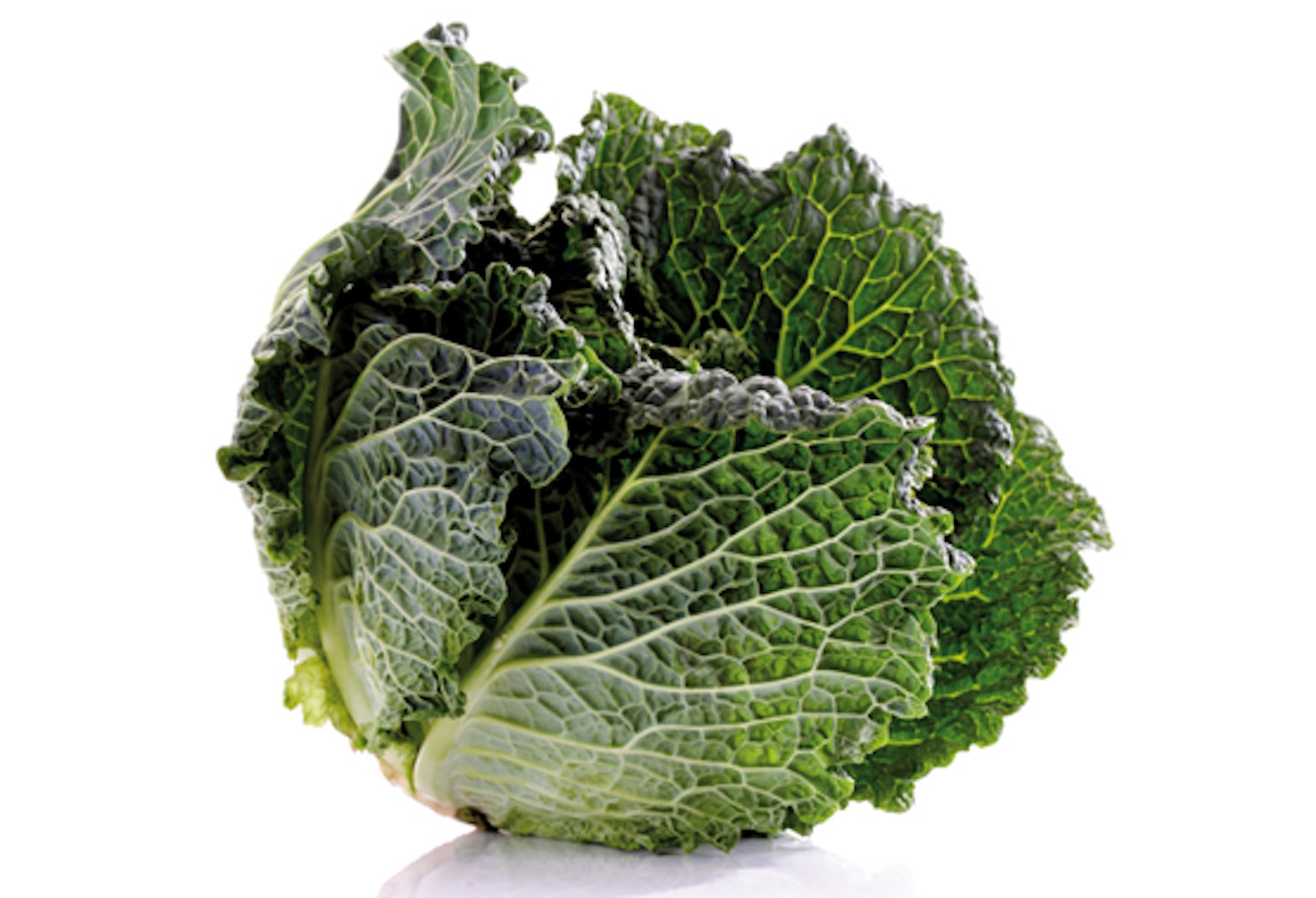Medically reviewed by Emiliana Hall, the founder of The Mindful Birth Group®, which provides award-winning Mindful Natal® courses and the PregnaHub® app, as well as an accredited Teacher Training program and Midwife CPD courses. She is also an experienced Birth and Postnatal Doula. Emiliana's vision is to make vital antenatal and postnatal education and ongoing support accessible to everyone in the UK.
At 30 weeks pregnant, you’re in the final stretch of your journey toward meeting your baby. This is a time of anticipation and preparation, as your body continues to grow and change to support your baby’s development.
Your baby’s movements may also feel stronger and more pronounced, with noticeable kicks and stretches that can even keep you awake at night. Staying hydrated, practicing gentle prenatal exercises, and resting, when possible, can help manage some of the discomfort.
Emotionally, the 30-week mark can bring a mix of excitement and nerves. With just ten weeks to go, many parents start focusing on finalizing their birth plans, setting up the nursery, and packing hospital bags.
Find out more about what else is happening to you and your baby in week 30 of your pregnancy.
How many months are in 30 weeks pregnant?
At 30 weeks pregnant, you are approximately 7 months along.
How big is my baby at 30 weeks?
At 30 weeks pregnant, your baby’s the size of a cabbage, weighing in at three pounds and measuring nearly 16 inches long.
They'll be going through weight gain, at a rate of half a pound a week, for the next seven weeks.

Common Symptoms at 30 Weeks:
According to Emiliana Hall, founder of The Mindful Birth Group® and the PregnaHub® app, they said: "As your body continues to adapt to pregnancy, you may experience some familiar symptoms and a few new ones.
Braxton Hicks Contractions: These practice contractions may become more noticeable. They’re usually irregular and not painful, but if you’re unsure, contact your midwife, says Emiliana.
Fatigue: Growing a baby is hard work, and it’s normal to feel more tired as you approach the final weeks. Rest whenever you can and listen to your body.
Shortness of Breath: As your uterus expands, it can press against your diaphragm, making breathing feel more effortful. Slow, deep breaths can help, says Emiliana.
Heartburn and Indigestion: Hormonal changes and your growing baby pressing on your stomach can lead to discomfort. Smaller, more frequent meals and avoiding lying down soon after eating may help.
Swollen Feet and Ankles: Fluid retention and increased pressure on your veins can cause swelling. Elevate your feet when possible and stay hydrated, says Emiliana.
Advice for 30 Weeks Pregnant:
Focus on Birth Preparation
If you haven’t already, now is an excellent time to begin preparing for labour and birth. Hypnobirthing courses, such as those offered by The Mindful Birth Group, can help you feel more confident and empowered. These classes teach breathing techniques, relaxation, and how to create a positive birth environment, says Emiliana.
Pack Your Birth Bag
Start thinking about what you’ll need to bring to the hospital or birth centre, or what you would need for a home birth.
Essentials could include:
-
Maternity notes.
-
Comfortable clothing.
-
Toiletries.
-
Snacks and drinks.
-
Items for your baby, such as nappies, clothes, and a blanket, continues Emiliana.
Plan Your Support System
Talk with your birth partner about how they can support you during labour. If you’re planning to breastfeed, now is also a good time to read about breastfeeding basics or attend an antenatal breastfeeding workshop.
Look After Your Mental Health
It’s natural to feel a range of emotions at this stage. Take time for self-care, whether that’s pregnancy yoga, going for gentle walks, or simply talking with a trusted friend or your midwife.
When to Call Your Midwife
At 30 weeks, it’s important to stay aware of your baby’s movements. If you notice any changes in their pattern, contact your midwife immediately. You should also seek advice if you experience:
-
Persistent headaches.
-
Blurred vision or swelling in your hands and face (signs of pre-eclampsia).
-
Vaginal bleeding or unusual discharge.
-
Regular, painful contractions.", Emiliana says.
What’s my baby doing at 30 weeks pregnant?
By now your baby’s body parts will start to look more proportional. The only exception is their head, which will still be quite large compared to the rest of their body.
Their fingernails will be fully developed and will continue to grow in the womb, meaning that when your baby is born, they could be quite long and need cutting to prevent them from scratching themselves.
Your baby is currently surrounded by a pint and a half of amniotic fluid, but as they get bigger and take up more room in your uterus, that volume will shrink. As they grow, the space in your womb gets more cramped, so you may feel fewer hard kicks than you used to a few weeks ago.
Their brain is changing too, not just growing, but changing in appearance, too. Once smooth, the vital organ is now maturing and developing those grooves and indentations you’d normally recognise in a brain. These changes will allow more brain tissue to develop.
Thanks to your [baby’s developing brain]{href='https://www.motherandbaby.com/baby-and-toddler/baby/baby-development-and-milestones/revealed-what-s-really-going-on-inside-your-newborn-baby-s-brain' target='_blank' rel='noreferrer noopener'} and new fat cells regulating their body temperature your baby’s lanugo (the soft hair covering their body) will start to disappear, too.
There’s another change, too: your baby’s bone marrow has taken over from the tissue groups and spleen in producing red blood cells, another important step towards independence once they are born.
And, according to the NHS, they says: "The sucking reflex is developing by now and your baby can suck its thumb or fingers.
The baby is growing plumper, and the skin begins to look less wrinkled and much smoother.
The white, greasy vernix and the soft, furry, fine hair (lanugo) that have covered your baby's skin for some time begin to disappear.", says the NHS.
What is my body doing?
It’s not the kind of thing you want to be overheard talking about on the bus to work, but during pregnancy, the amount of dischargeproduced can increase. It should still look and smell the same as before. If it changes and becomes thick, smelly, profuse or changes colour, see your doctor to check if you have thrush or an infection. It’s important you get this checked out as some infections can increase the risk of premature labour.
Prevention methods? Wear breathable cotton underwear and avoid strong soaps or feminine washes as they disrupt the natural pH and growth of healthy bacteria in the vagina.
There might be some more unpleasant pregnancy symptoms, too, especially the ones you thought you’d left behind in early pregnancy, such as needing to pee constantly, tender breasts and heartburn.
What to do this week:
Although it may not be at the top of your list, keeping active while pregnantcan help you to have a shorter labour and even experience fewer complications. It's recommended that pregnant women do 150 minutes of exercise throughout the week. There are lots of different exercises you could try including pilates, aqua yoga, cycling and of course walking. Just be sure to talk to your midwife or doctor before trying something new.
If you haven't already, you should also start researching and even buying your baby's car seat, pushchair and any other baby gear you will need in the first few weeks of your newborn's life. We recommend spending some time getting to know these products and fitting the car seat in your car so you can feel confident using them.
If this is your first baby, next week you should have another appointment with your midwife where they will measure your blood pressure, the size of your uterus and test your urine for protein.
It's also worth pulling together any questions you might have ready for this appointment.
About the expert:
Emiliana Hall is the founder of The Mindful Birth Group® which provides award-winning Mindful Natal® courses and the PregnaHub® app, as well as an accredited Teacher Training program and Midwife CPD courses.

